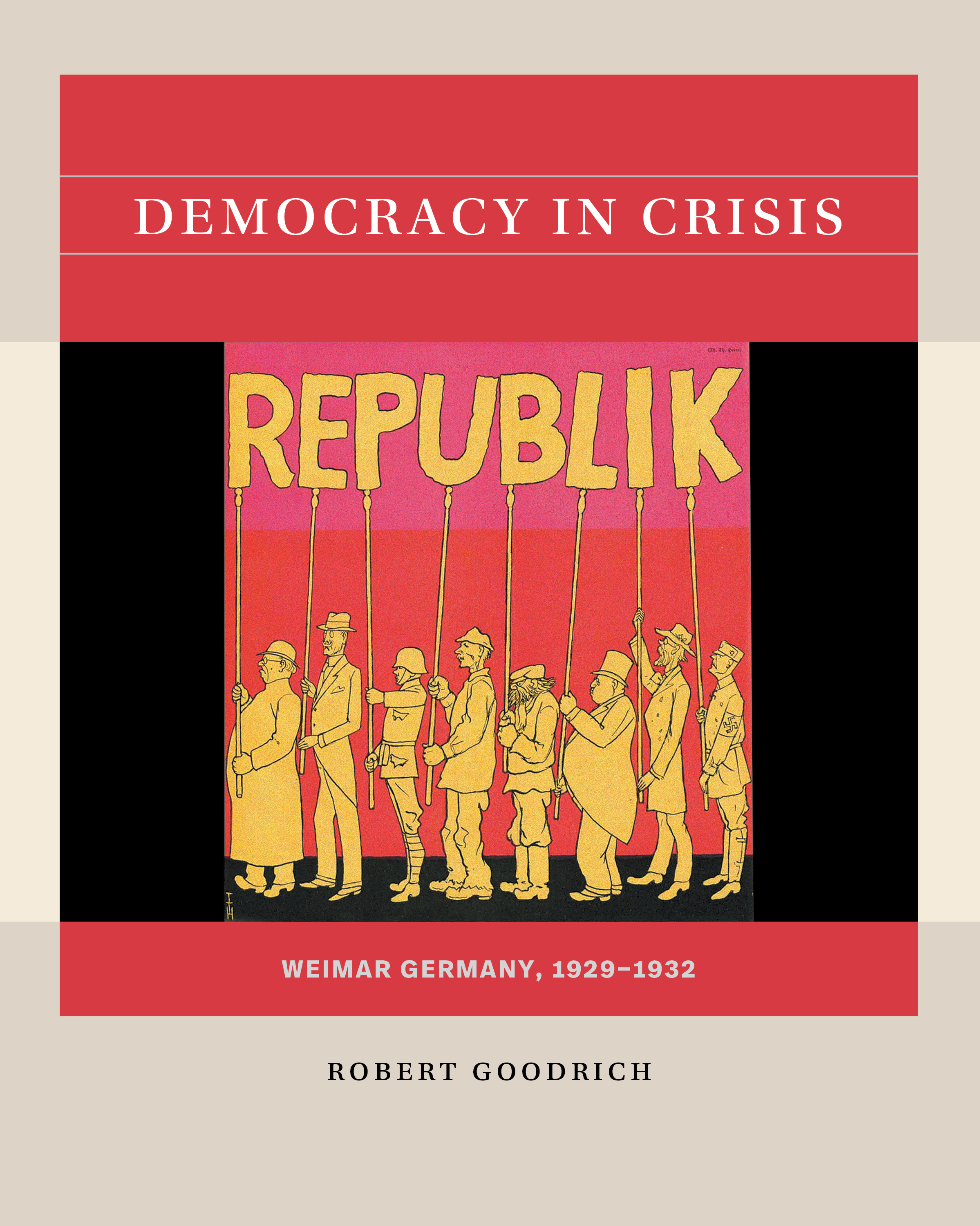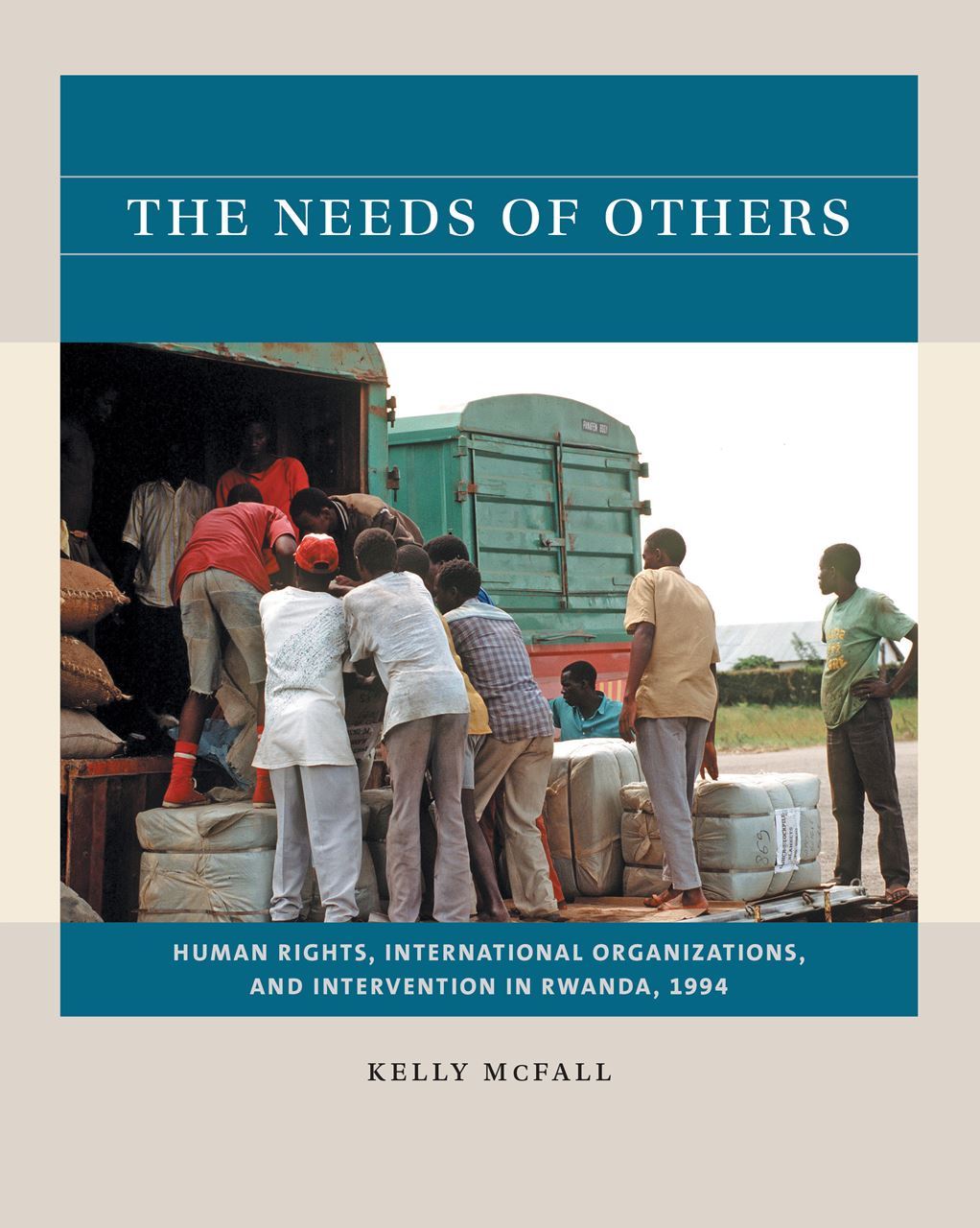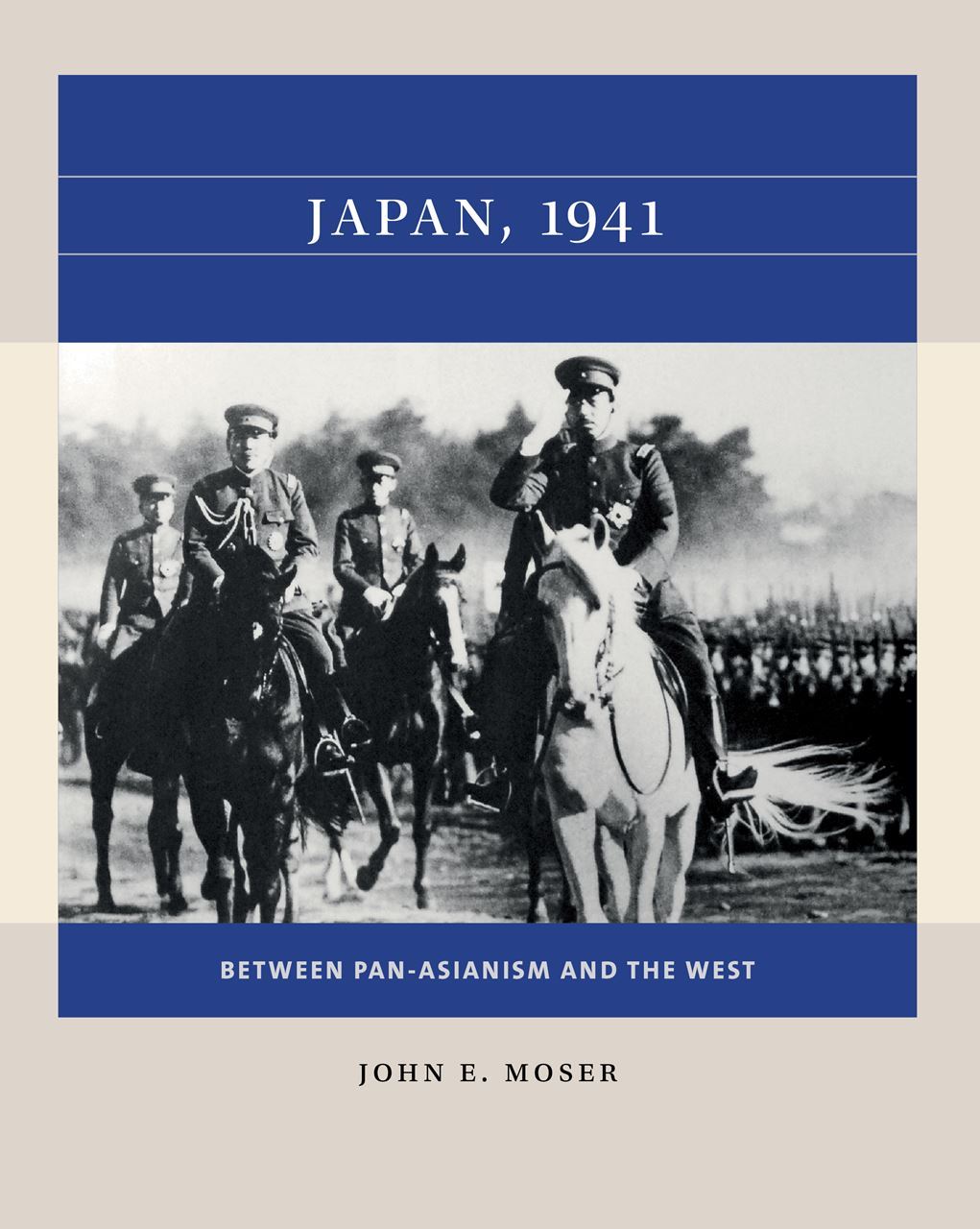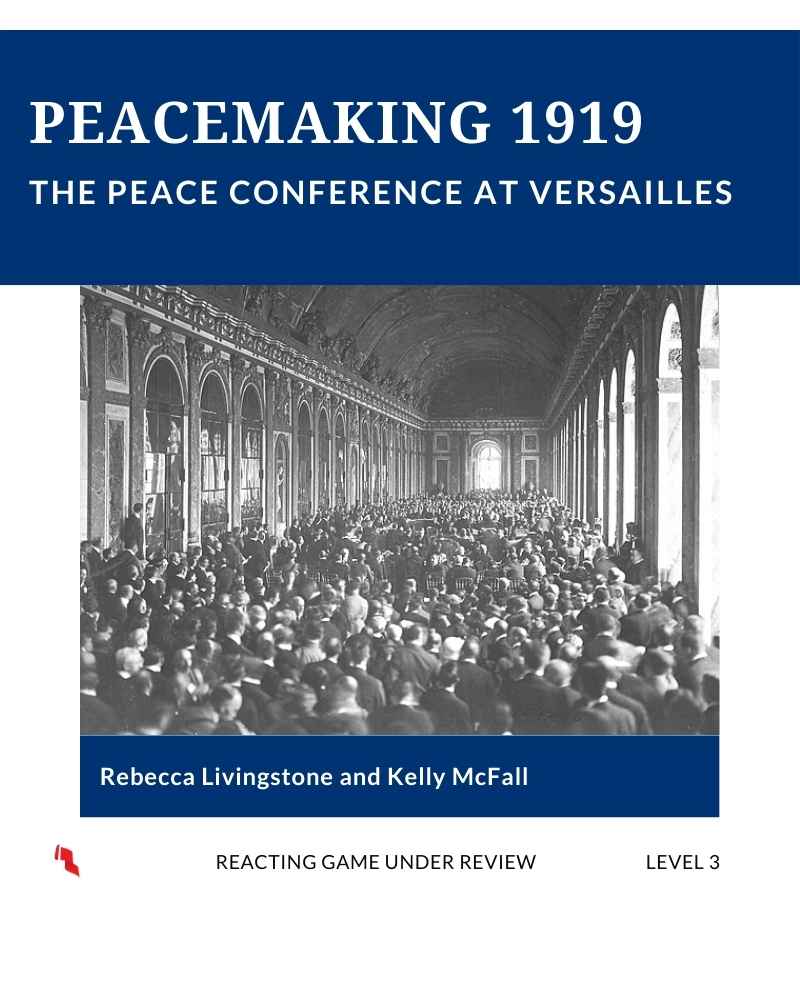 |
WEIMAR GERMANY
Democracy in Crisis, Weimar Germany, 1929-32
by Robert Goodrich
What happens when partisan ideology trumps compromise in a polarized Democracy? |
Details
|
Using the Game
Class Size and Scalability Class Time
For a class focused on origins of genocide, you might pair this game with Rwanda, 1994. For classes related to 20th century war, Japan, 1941, Yalta, 1945, or Versailles, 1919 could work well.
|
Reacting Consortium members can download all game materials below. You will be asked to sign in before downloading.
Additional Resources
|
Robert Goodrich
Dr. Goodrich's research interests lie in Modern Central European history with a broad, integrative approach to the various sub-fields. In particular, his research and teaching emphasize cultural and social history with an eye towards the interplay of various factors such as labor, gender, sexuality, and religion. However, the nature of his research into religion and identity also requires a comparative view of European and American experiences, reflected in his interest in transnational history. Perhaps at heart he is more of a generalist than a specialist. Regardless of research interests, Dr. Goodrich places primary emphasis on the classroom experience, where he sees the cultivation of interdisciplinary-oriented, critical-thinking skills as the ultimate goal. Here, an active, student-centered pedagogy drives his relationship to the learning process. Indeed, he found himself drawn towards innovative teaching methods like the Reacting to the Past pedagogy. Check out this video featuring Dr. Goodrich and his class at NMU. | Related Publications and Presentations
|
Members can contact game authors directly if they have questions about using the game. We also invite instructors join our Facebook Faculty Lounge, where you'll find a wonderful community eager to help and answer questions.
|
|
|




